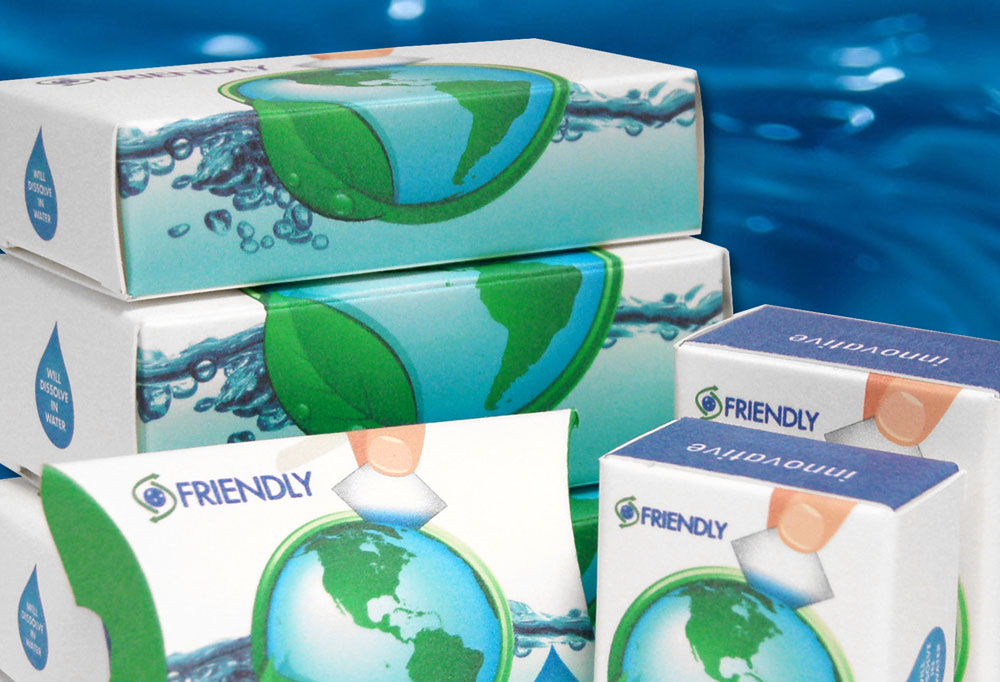As society becomes increasingly concerned about its impact on the environment, innovations that mitigate the damage done and improve on yesterday’s methods continue to emerge. One of these innovations is bio-based packaging, which is made of materials derived from renewable plant or animal feedstocks. Tree fiber-based packaging materials, such as SmartSolve’s innovative paper-based pouches, are a classic example. The packaging industry is embracing bio-based material as a replacement for petroleum-based packaging materials.
Learn more about how SmartSolve’s bio-based innovation improves upon petroleum-based packaging products.
Advantages of Bio-Based Packaging
The nature of bio-based materials as an organic alternative has made them an increasingly appealing material choice for the packaging industry. Bio-based materials present several benefits, including:
- Greater flexibility. Bio-based materials are capable of being greatly altered and modified. This includes changes in textures, shapes, and barrier width, making them more adaptable and cost-effective for packaging companies.
- Less environmental impact. Although not all bio-based materials are biodegradable, the large majority are, which means bacteria can decompose them into their organic components. This reduces their impact on the environment, making them more sustainable.
- More appealing. The reputation of bio-based materials as more environmentally friendly has boosted their appeal to the general public. This popularity makes both the packaging and the product more marketable. Also, some features of bio-based products are more attractive in general, such as aesthetics of the design and texture.
Disadvantages of Petroleum-Based Packaging
The use of bio-based packaging is slowly displacing the use of petroleum-based packaging in the industry. Petroleum-based materials present several drawbacks compared to bio-based alternatives.
- Nonbiodegradable. These oil-based products are largely incapable of degrading, which means they invade the habitats of both land and water-based organisms. Their lasting presence also negatively impacts all parts of the environment, such as landfills, wildlife and food systems.
- More expensive. Petroleum-based packaging and materials create more expenses, since cities must spend millions to clean them up and create landfills to dispose of them. Plus, their presence pollutes water sources, fishing areas and tourist areas. This can contribute to a loss of revenue for those industries as well. The fluctuating cost of oil makes it less cost-effective and difficult to predict packaging costs.
- Less sustainable. The creation of these packaging materials depletes fossil fuels, which also leads to the release of chemicals that further damage the environment. For these reasons, petroleum-based packaging is significantly less sustainable.
Go Beyond Recycling™
Connect with SmartSolve today to explore our line of eco-friendly, water-soluble, bio-based products for the good of our planet!
Looking for packaging, labeling and other eco-friendly, water-soluble products?
Consider SmartSolve.
Contact us today to request samples or to receive a quote.
